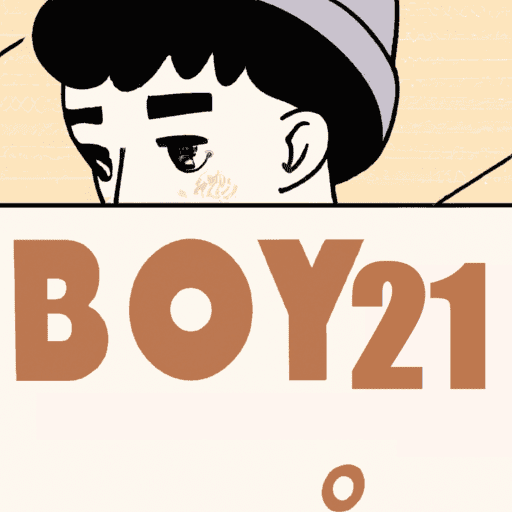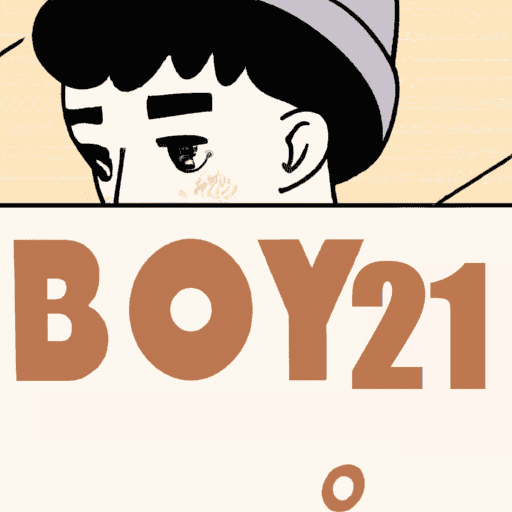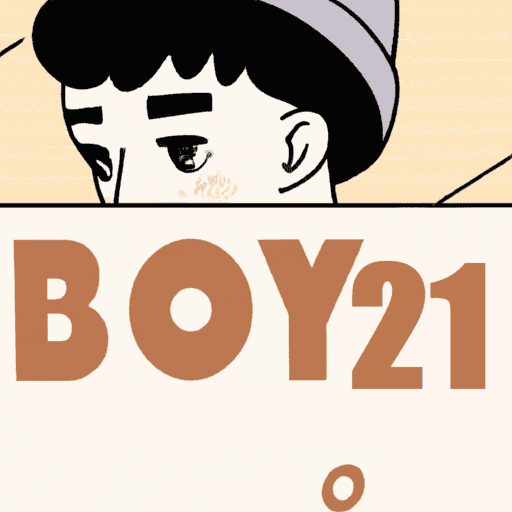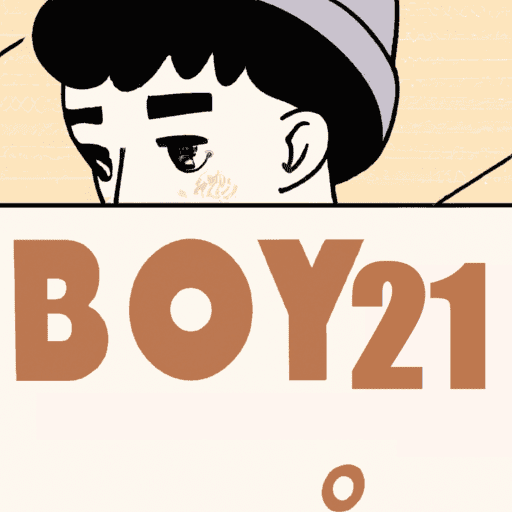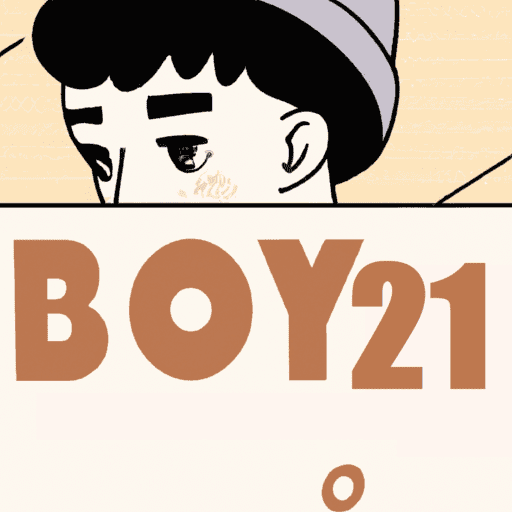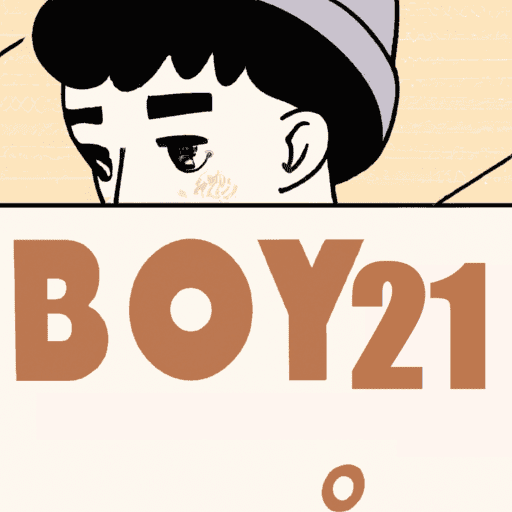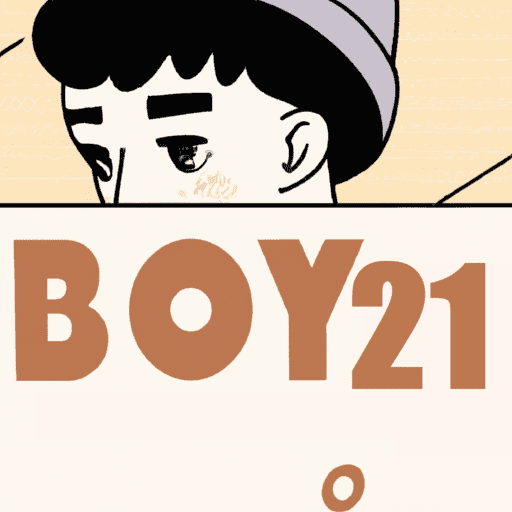
How does Finley’s role as the only white player on the basketball team inform his identity and experiences?
In Matthew Quick's young adult novel Boy21, protagonist Finley occupies a complex position as both insider and outsider on his high school's predominantly black basketball team. Finley's white identity sets him apart yet also drives him to excel, as basketball offers hope of transcending the limited prospects of his working-class hometown. Analyzing Finley through the lens of race provides deeper insight into his motivations and the social pressures that shape his coming-of-age.
Navigating White Privilege: The Ambition and Alienation of Finley's Basketball Journey
As the coach's son and a talented player, Finley eagerly assumes the role of star, embracing basketball as his ticket to a better future. Quick establishes how the sport represents upward mobility for Finley that his depressed hometown cannot otherwise provide. However, as the lone white starter, Finley also feels continual pressure to prove himself worthy among high caliber black teammates.
The Constant Struggle: How Being an Outsider on the Team Shapes Finley's Experience
Finley overcompensates through extreme dedication, obsessively practicing late into the night. Quick depicts Finley's work ethic and ambition as tied to his minority status on the team. Pushing himself physically helps Finley combat his ingrained sense of racial disadvantage. Basketball provides Finley an arena to transcend limiting labels and hierarchies.
Beyond Black and White: Boy21's Nuanced Exploration of Race and Identity
However, Finley remains separated from his teammates by his whiteness. Quick poignantly illustrates this distance through the contrast between Finley and best friend Carter, who bond over feeling like outsiders. But while Carter means being overlooked for being black, for Finley it stems from poverty and grief. Finley's white privilege thus inherently separates him from truly claiming insider status, reflected in the fact he both is and is not part of the team.
Quick insightfully depicts Finley's complex navigation of race within the basketball microcosm, illuminating broader themes of identity, inequality, and the adolescent search for belonging. Finley's fraught place on the team highlights the role athletics plays both in complicating and transcending social divisions. Boy21 subverts simplistic portrayals of race relations to emphasize the universal human needs for purpose and connection at the heart of Finley's coming-of-age.
